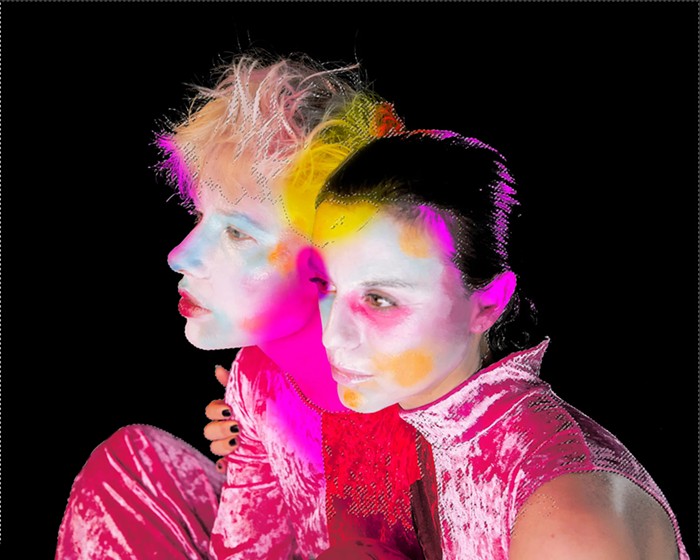A band that plays roots reggae must always play by the rules. Roots reggae is not a new form of music, it has been around for four decades—and in that long length of time has established its definite order, border, and core principles. Some of the best minds of 20th-century music (Sly and Robbie, Lee "Scratch" Perry, Roots Radics) have built this tradition, so who are you to fuck with it? The local reggae band Kore Ionz has this understanding—the tradition is more important than innovation—which is why I'm one of their supporters.
Even the title of the band's new album, World War Free, is consistent with the canon of reggae titles—for example, Hugh Mundell's Africa Must Be Free by 1983. World War Free has a solid dub track, "Pegasus Dub," a track with the sorrowful calls of a melodica "Only One" (what would reggae be if Augustus Pablo had not popularized the melodica?), and a track that explores hiphop without sacrificing the reggae beat, "First Avenue," which features Prometheus Brown of Blue Scholars.
Though old, established, and highly conventional, reggae is far from dead. You only need to hear Damian Marley's "Jamrock" to know that roots reggae still has a lot of life in it. CHARLES MUDEDE
Reggae is dead.
This is hard for some people to accept, I understand. It had rocketed through an evolution, beginning in the mid-1960s with the R&B-rooted ska, and every couple years morphed into a distinct new sound. It was clean and commercial, it was gritty and political, it was spiritual and inspiring, it was pious and high on blow.
And then it was a corpse.
Charles is right about one thing: Roots reggae players must play by the rules. But within the straitjacket of 4/4 rhythm and off-beat clicks, reggae bands have nothing left to do that hasn't been done without making it a new genre (see: rap, hiphop). Making new songs with the old techniques these days doesn't make reggae any more alive than whisking King Tut's sarcophagus around the globe reanimated the pharaoh in the 1970s.
I understand what Kore Ionz are trying to do. They have mastered every sound of reggae's golden era and simulated the vocals of Dennis Brown, Jacob Miller, Errol Dunkley, and the like. This is all fine for live performances—reggae is wonderful live. But Kore Ionz, while technically flawless, are simply a pastiche of old expressions tossed together to approximate reggae's heyday. Like a freeze-dried pet put into a familiar pose. DOMINIC HOLDEN




















